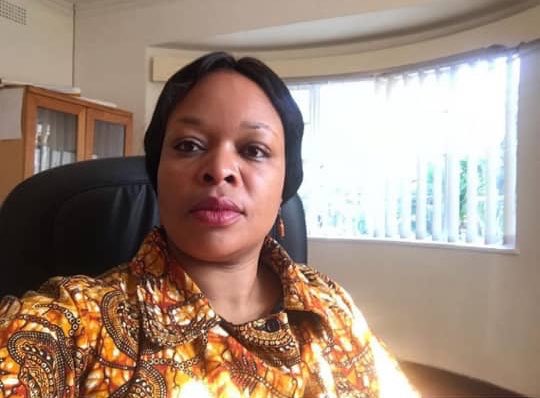|
Getting your Trinity Audio player ready…
|
The UNESCO Regional Office for Southern Africa (UNESCO ROSA) will host a validation workshop on Coalition building between Organisations of Persons with Disabilities (OPDs) and the Women’s Movement in addressing intersectional discrimination on 6 April 2022 at Meikles Hotel in Harare.
The workshop will see the validation, signing, and adoption of a Memorandum of Understanding (MOU) between OPDs represented by the two umbrella bodies National Association of Societies for the Care of the Handicapped (NASCOH) as well as the Federation of Disabled Persons in Zimbabwe (FODPZ) and the women’s movement represented by the Women’s Coalition of Zimbabwe.
With support from the European Union-funded Spotlight Initiative, stakeholders who included feminist organisations and OPDs drafted the MOU during a brainstorming workshop held on 10 March 2022 in Harare.
The MOU lays out the key foundations for this coalition and proposes joint interventions on advancing the rights of women and girls in Zimbabwe ensuring that no one is left behind. This initiative should facilitate learning opportunities and exchange of experiences in lobbying, advocacy, and policy dialogue for social inclusion, justice, and equality, which the two movements have accumulated over the years.
Within the framework of the Spotlight Initiative, UNESCO is striving to link up OPDs and the women’s movement to ensure joint advocacy for disability rights. The women’s movement in Zimbabwe plays a crucial role in advocating for gender equality and women’s rights.
Historically the women’s movement in collaboration with other CSOs has been working with marginalised groups and has successfully advocated for law and policy reforms in order to ensure that all forms of violence against women are addressed. OPDs in Zimbabwe have been at the forefront of advocating for disability rights and inclusion with a specific focus on the intersecting forms of stigma and discrimination that women and girls with disabilities face. Given the milestones of these two movements, there is a need to build a coalition to address intersectional discrimination.
The coalition-building intervention builds on the realisation that women and girls with disabilities are usually “left behind” in gender-based violence interventions, yet they face intersecting forms of discrimination at a higher level in comparison to women without disabilities. The inclusion of women with disabilities in initiatives that seek to end all forms of violence against women and girls in Zimbabwe is essential.
However, there has been little interaction between the women’s movement and OPDs in the fight against intersectional discrimination. To ensure that the interaction between these two is enhanced, UNESCO will continue to foster the coalition-building between the Organisations of Persons with Disabilities and the women’s movement in Zimbabwe to ensure joint advocacy for disability rights and gender equality during the implementation of the Spotlight Initiative Phase 2.
The Women’s Coalition of Zimbabwe (WCoZ), along with the Federation of Organisations of Disabled People in Zimbabwe (FODPZ) and the National Association of Societies for the Care of the Handicapped (NASCOH) will drive this coalition building by facilitating and creating platforms for learning opportunities and exchange of experience in lobbying, advocacy, and policy dialogue.
